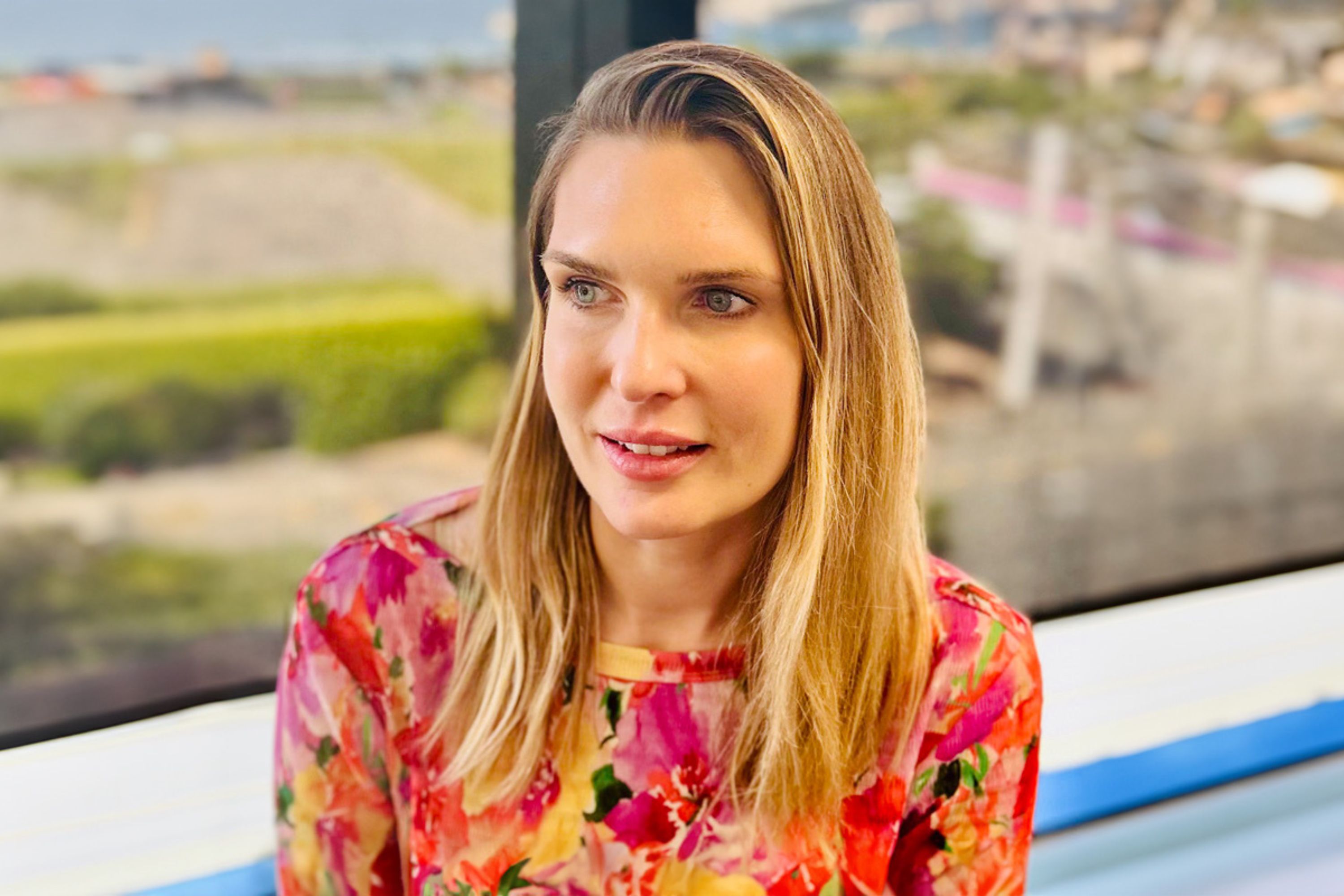Datacom’s Associate Director of Design & Experience, Lou Compagnone, says futures thinking is about anticipating how the world might change and what’s likely to stay the same. It’s not about predicting the future, but rather considering possible futures and anticipating issues that could occur.
“In an uncertain world, it helps you plan for whatever could happen,” she says. “The more you’re scanning the future and looking for insights, the more probability you have of anticipating things happening.”
Futures thinking isn’t just about looking for storm clouds on the horizon, Lou says it can give people and organisations agency to enable them to play a part in the futures they want to create.
“When a possible future scenario is something we don’t want to happen, we can consider the necessary measures to prevent it. Conversely, if it’s something desirable, we can imagine the steps required to make that future happen.”
To help organisations embed this thinking into their operations, Datacom has developed its two-day Designing the Future bootcamps, conceived and presented by Lou Compagnone, Husain Al Badry, Associate Director of Innovation & Strategy at Datacom, and Melissa Clark-Reynolds, a globally renowned foresight practitioner with 30 years’ experience as a tech entrepreneur and CEO.
“We get people away from their day-to-day issues to help them think about how they can create the future,” says Lou. “A lot of people are strategising towards what futurist Sohail Inayatullah describes as a ‘used future’ – things they keep doing even though they’re no longer useful. This is thinking about a living future, an ever-moving target. If you’re using BAU to plan what’s coming, you’re assuming that the world is stable and it’s not.”

Designing the Future is suitable for businesses of any size, from startups that can’t afford to fail fast to large organisations that either want to go deep into a specific area or look more broadly at their entire operation. The workshops take teams through three different stages: Looking in the mirror at what’s happened in the past and where they are now; looking through the window at signals, drivers and trends; and looking into the crystal ball to see the possible, probable and preferred futures.
“We’re using futures thinking to plan the future despite the uncertainty. Our workshops are about planning for lots of possible futures, not just one,” says Lou. “With futures thinking, you plan for different scenarios so that you can adjust course, depending on which of them happens. We identify the potential problems and how we might solve or mitigate those before they happen. It’s about disrupting yourself, anticipating what could happen and getting ready for it before it does.”
Datacom is combining its expertise in emerging technologies and its design-thinking capabilities with the futures-thinking knowledge of strategy and foresight practitioner Melissa Clark-Reynolds. And the company is even running this process internally to think about its own future.
“The bootcamps aren’t just about technology, because tech doesn’t exist in a vacuum. We think more broadly about the context in which an organisation exists, and its vision, people and services. We consider what’s come before and what’s coming in five or 10 years so their technology can be more modular and adaptable to change.”

?ts=1694576335353&$prod-dimensions--quality-100$&dpr=off)